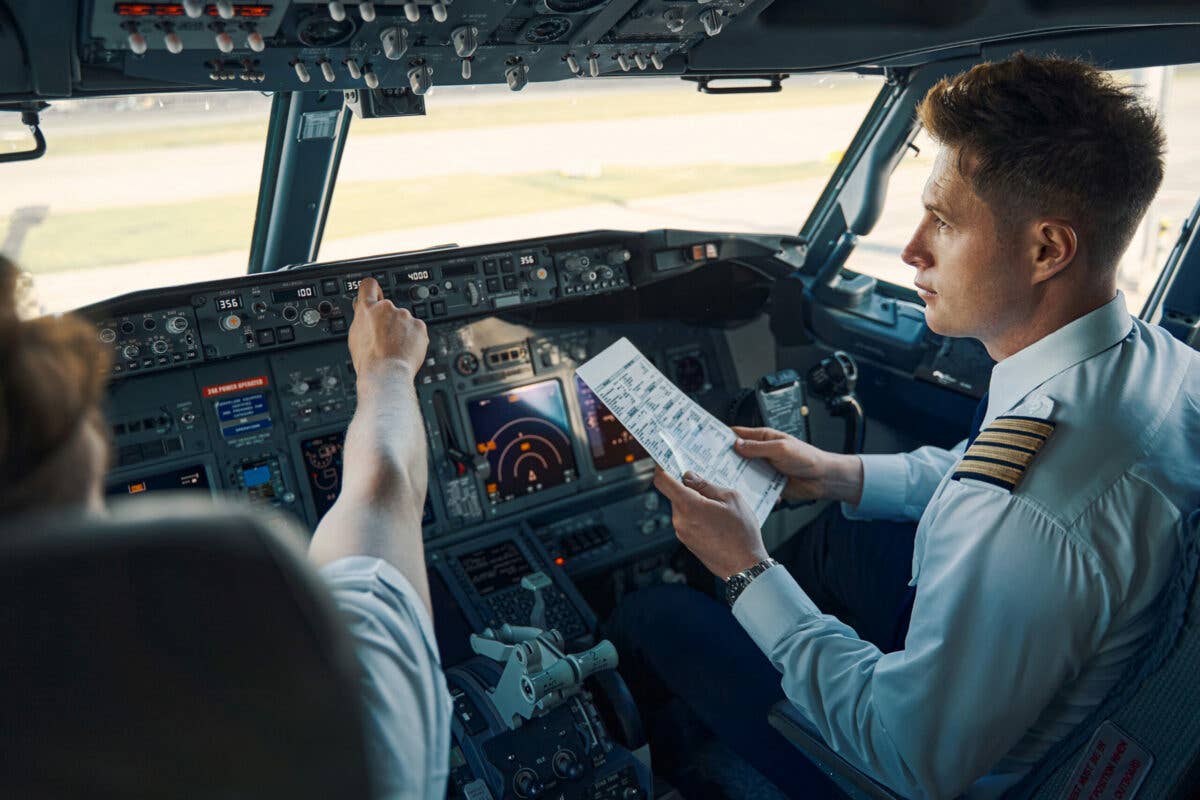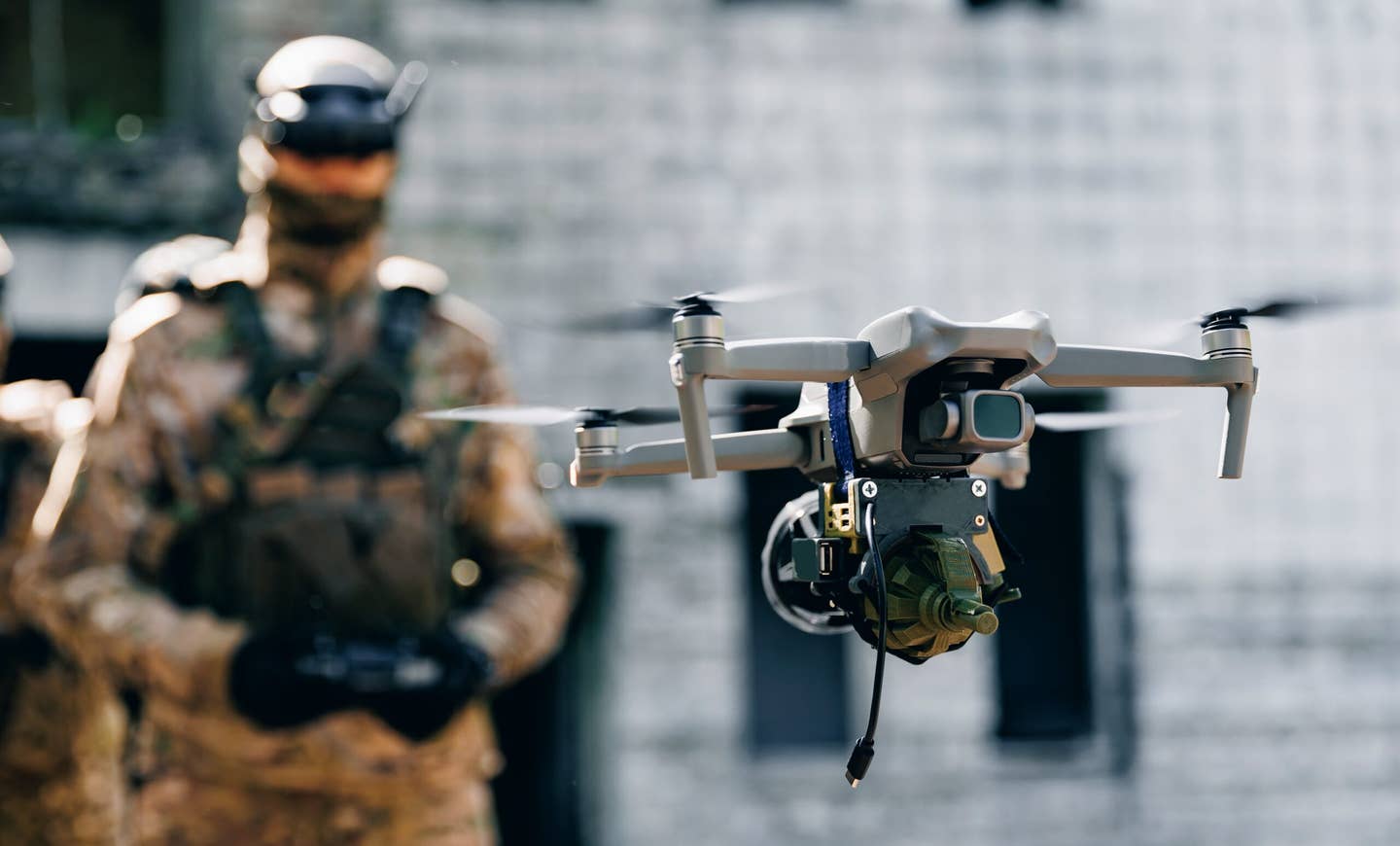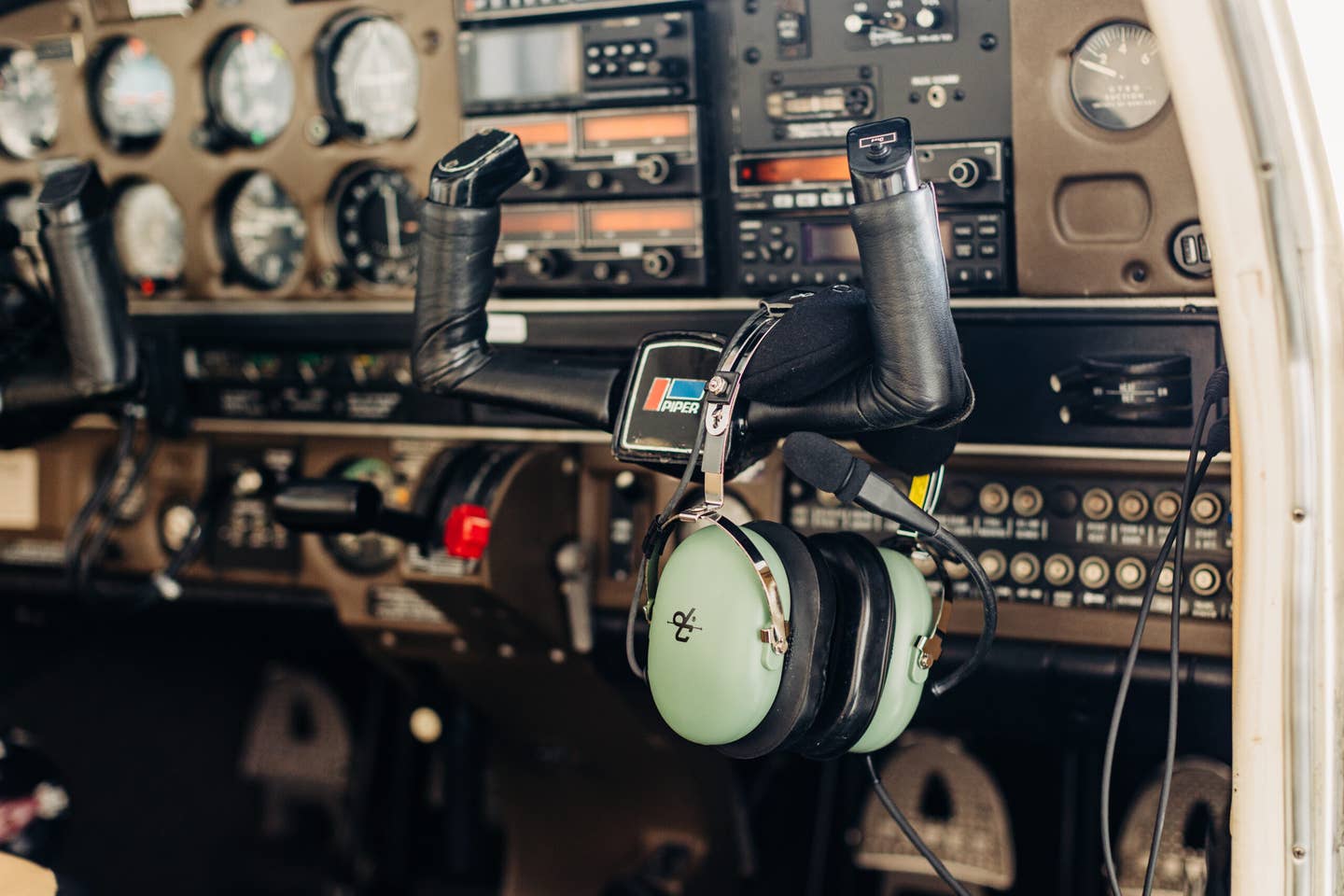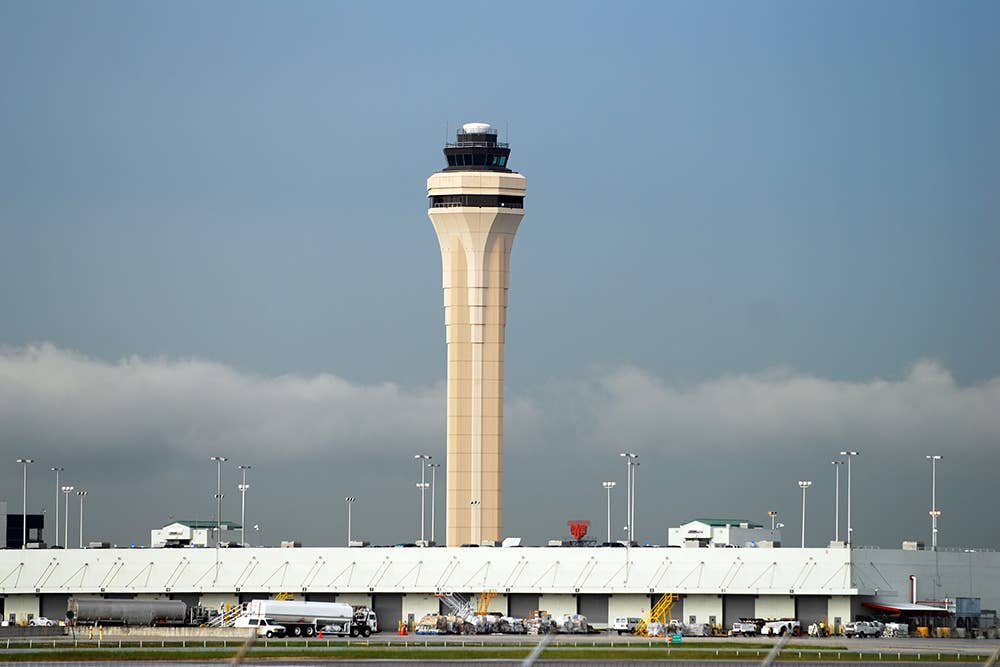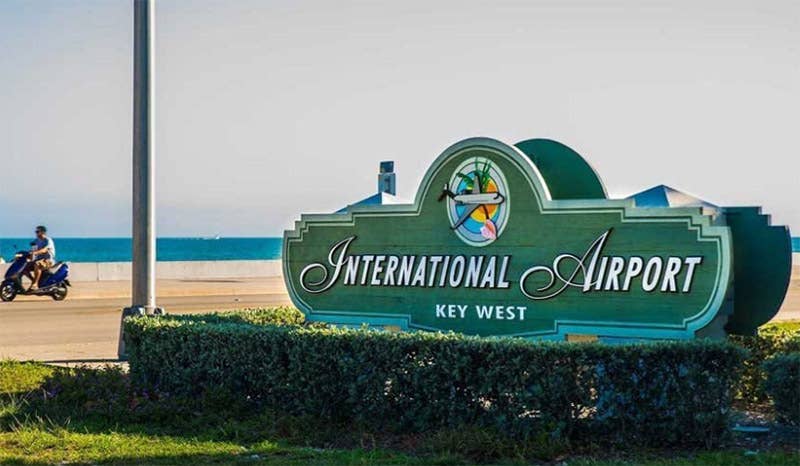
AOPA aims to reverse what it calls “egregious” overpricing by monopoly FBOs at federally funded airports, but critics contend the group’s numbers are wrong. AOPA
The Aircraft Owners and Pilots Association has been waging a very public battle for several months to reverse what it calls "egregious" overpricing by monopoly FBOs at certain federally funded airports. Now, critics are coming forward to explain why they say AOPA's numbers are flat out wrong.
So far AOPA has filed informal Part 13 complaints with the FAA at three airports – Key West, Florida; Asheville, North Carolina; and Waukegan, Illinois – with two of those complaints still active after Waukegan made concessions. But the association warns that it is considering similar actions at “50 or more” airports across the United States, a threat that is reverberating across the FBO industry as fixed-base operators wonder if they’ll be in AOPA’s crosshairs next.
Still, the evidence seems to suggest that AOPA’s numbers don’t quite rise to the “outrageous” pricing levels for piston airplanes that the association is touting to its members.
On AOPA's website, a page titled "Egregious FBO Pricing" shows a Cessna 182 parked on an FBO ramp surrounded by floating dollar figures. One reads: "Facility Fee: $300." Another, "Handling Fee: $400" Still another states: "Dropping Off Passenger: $575."
These presumably are the sky-high fees AOPA is fighting against at the behest of its membership, and they certainly would be worrying for a pilot flying a typical light airplane into a federally funded GA airport served only by a single FBO. There’s just one problem: The numbers don’t match with reality.
We checked the prices charged by FBOs at the two airports in AOPA’s complaint and found a startlingly different picture than what’s portrayed on the association’s website. The price to land in a Cessna 182 at the sole FBO at Key West or Ashville includes a $29 “facility fee” and a $5 “infrastructure fee.” The $29 fee is waived if you purchase seven gallons of fuel. The price of 100LL at Key West and Asheville is $5.13 per gallon for self-serve, in line with regional average prices, so that’s an effective net charge of $5 to visit these FBOs in a Cessna Skylane. Overnight aircraft parking is an extra $13. (The cost to park your car for a day at the Asheville Regional Airport, meanwhile, is $20.)
When we asked AOPA about the discrepancy between the prices on its website and actual pricing, a spokesman declined to get into specifics at individual FBOs, saying the association is merely asking the FAA to look into FBO pricing at airports where its members have complained. The spokesman declined to say how many members have complained or spell out a fee structure that AOPA would consider reasonable at Key West or Asheville. But he conceded that the “egregious” pricing AOPA is talking about isn’t a matter of lowering FBO and airport fees by hundreds of dollars for an airplane like a Cessna 182 – or even tens of dollars – but just “dollars.”
When asked specifically about the $575 fee noted in its infographic, the spokesman admitted that was the charge for a business jet operator, not a pilot of a Cessna 182, at Signature Flight Support at Rochester International Airport in Minnesota. We called the FBO and asked what the actual charge would be to “drop off a passenger” at that FBO location in a Cessna 182. The answer: $34, again with all but $5 of that fee waived if you buy seven gallons of fuel.
These examples raise troubling questions about why this aviation-on-aviation fight suddenly has become so heated and so public. Critics charge that AOPA appears to be using the issue as a membership drive after the association raised its annual dues last year. AOPA, meanwhile, maintains that fees charged to turbine aircraft operators can indeed reach into the hundreds of dollars, and that it has tried to resolve pricing issues with individual airports and FBOs quietly behind the scenes but without making adequate progress, which is why it chose to make its fight public.
Representatives for the FBO industry say they don’t buy it.
“AOPA has done a lot of great things on advocacy, but we believe this latest move regarding ‘egregious’ pricing feels more like a marketing campaign and an attempt to energize their members than it is a true industry-wide issue,” said Martin Hiller, president of the National Air Transportation Association, the main trade group representing aviation businesses like FBOs, airport authorities, flight schools, charter operators and others.
NATA warns that AOPA’s battle against FBOs could force some locations to close if free market forces no longer allow these businesses to meet their obligations to airports, where they pay hefty lease fees and are expected to provide hangars and other facilities that can end up costing millions of dollars to build and operate.
At least one FBO has closed already thanks to AOPA’s efforts. The Signature Flight Support location at John Wayne Airport in California was forced to shut its doors after the Orange County Board of Supervisors voted to replace the FBO with another, ACI Jets, following AOPA’s complaints. AOPA framed the move as a victory for its members, but Hiller noted that additional GA traffic now flowing into ACI Jets has to be coming from somewhere else, and that means FBOs at other nearby airports are presumably seeing less traffic.
None of the other major aviation groups have joined AOPA in its crusade against these FBOs. A spokesman for EAA said it hasn’t been involved in the issue at all, while the National Business Aviation Association says it has been “monitoring” the developments but continues to “address other top priorities” like the fight to save Santa Monica Airport and stop ATC privatization.
That latter issue drove a wedge between general aviation and the airline industry, with the airlines resorting to questionable tactics in their effort to convince Congress to privatize ATC. Some see echoes of those methods brewing by AOPA against FBOs.
In an op-ed that ran recently in Business Airport International, AOPA general counsel Ken Mead noted that while many FBOs offer fair pricing, FBOs at about 50 publicly funded airports "are forcing users to pay for services they don't want or need and charging unreasonable fees." Mead concludes by writing, "These federally funded facilities are supposed to be open to the public, not just the most profitable segments of aviation."
We asked AOPA to clarify that last comment since it is obviously false that FBO ramps at federally funded airports are inaccessible to the public (unless Mead meant to say the “general public,” which AOPA confirms he did not) and seems to be an attempt to pit GA pilots against business aircraft operators with rhetoric about “the most profitable segments of aviation,” which critics say is steeped in the same sort of class warfare the airlines used in arguments during the ATC privatization fight. The AOPA spokesman responded that by cherry-picking that statement we were taking Mead’s message out of context.
Hiller, who is also the owner of the Marathon General Aviation FBO in the Florida Keys, said AOPA is on the wrong side of this issue, and warned that the association’s actions against FBOs might backfire and could even end up hurting general aviation in the long run.
“Airports are trying to remain economically viable,” he said. “Regulation does not create healthy economic environments. It feels like the AOPA argument is very singular in its focus. If the airport is asked to provide free or subsidized access to piston operators, who’s paying that bill? Is it the local community with higher tax rates? Is it the other businesses on the airport like MROs and flight schools? It could be a dangerous precedent for AOPA to create a marketing campaign to energize their membership without doing a deep analysis of how it could impact all the other segments of aviation in a very, very negative way.”
This article has been updated to reflect the fact that Asheville Regional Airport offers self-serve avgas in addition to full-serve fuel.

Sign-up for newsletters & special offers!
Get the latest FLYING stories & special offers delivered directly to your inbox

